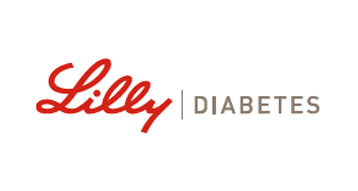Everyone who has the power to make decisions about the lives of people with diabetes needs to understand the importance of access to medicines and supplies.
Did the diagnosis come as a surprise and how did it affect you?
The diagnosis was a shock. It took me two years to overcome it. Our lives changed from one day to the next. My daughter was only two when she was diagnosed and had her whole life ahead of her. We thought we weren't going to be able to get through it, that we weren't going to be able to learn the millions of things that they were teaching us at the time. It was very difficult to understand everything the doctors were telling us. My biggest worry was being able to give my daughter the support she needed. But, we dealt with it and moved on. I put a lot of pressure on myself to not make any mistakes.
After her diagnosis, the most difficult thing for me was having to administer insulin. This seemed cruel. She was just two years old and her little fingers were still those of a baby. I hated insulin, until I realised that it meant life for my daughter. I told her that insulin was her friend and would allow her to grow up and play with others. She embraced insulin as a friend and this also gave us the opportunity to inform others why it was so important for her.
What has been most important in supporting your child with diabetes?
Education. I tried to learn as much as I could about diabetes. There was no Google or social media when my daughter was diagnosed, so I read many books. The best way to avoid making mistakes is through education. You can't get it right all the time, but most of the time is possible.
If you could change something about diabetes care, what would that be?
As we mark the 100th anniversary of the discovery of insulin, I think that the biggest challenge we have is ensuring that all people living with diabetes, no matter where they live, have everything they need for their care to achieve the quality of life they deserve. We are a very strong community. We have to raise our voice and make it heard. Everyone who has the power to make decisions about the lives of people with diabetes needs to understand the importance of access to medicines and supplies.



